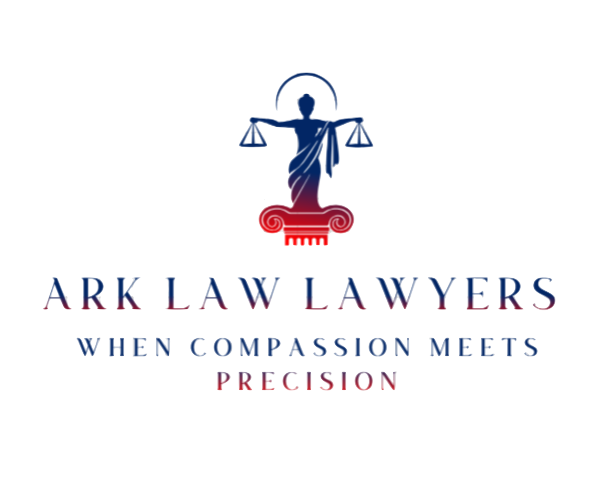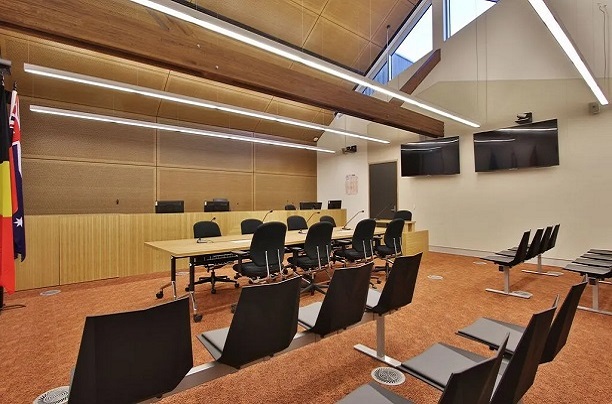Mediation and Conciliation
In New South Wales (NSW), Mediation and conciliation are alternative dispute resolution (ADR) processes commonly used in Australian NSW law to resolve conflicts and disputes outside of the court system. They offer parties an opportunity to reach a mutually acceptable resolution with the assistance of a neutral third party, known as a mediator or conciliator. While both processes have similarities, there are slight differences in their approach.
- Mediation: Mediation is a voluntary and confidential process in which a trained mediator facilitates communication and negotiation between the parties involved in a dispute. The mediator does not make decisions or impose solutions but assists the parties in exploring their issues, understanding each other’s perspectives, and finding common ground. The aim of mediation is to empower the parties to reach a mutually agreeable resolution. Mediation can be used for various types of disputes, including family law matters, workplace conflicts, commercial disputes, and community disputes.
Key points about mediation:
- Voluntary participation: The parties willingly participate in mediation and have the freedom to withdraw at any stage.
- Neutral mediator: The mediator remains impartial and does not favor any party or impose decisions.
- Confidentiality: Discussions that take place during mediation are generally confidential and cannot be used as evidence in court proceedings.
- Informal and flexible process: Mediation allows for open communication, creative problem-solving, and flexible solutions tailored to the parties’ needs.
- Non-binding outcome: The resolution reached through mediation is not legally binding unless the parties choose to formalize it in a binding agreement or consent orders.
- Conciliation: Conciliation is another form of ADR that shares similarities with mediation but involves a slightly more interventionist role for the conciliator. In conciliation, the conciliator actively participates in the process, offering suggestions, proposing solutions, and assisting the parties in reaching a resolution. The conciliator may provide expert advice or recommendations based on their knowledge of the relevant laws and regulations. Conciliation is often used in disputes involving industrial relations, employment matters, and consumer disputes.
Key points about conciliation:
- Active involvement of conciliator: The conciliator plays a more active role in guiding the parties toward a resolution by offering suggestions and recommendations.
- Expert advice: The conciliator may provide expert advice on legal rights, obligations, and potential outcomes.
- Confidentiality: Like mediation, conciliation generally maintains the confidentiality of discussions during the process.
- Non-binding outcome: The resolution reached in conciliation is not legally binding unless the parties choose to formalize it in a binding agreement or consent orders.
In both mediation and conciliation, the main goal is to help the parties find common ground, understand each other’s perspectives, and work towards a mutually acceptable resolution. These processes provide a cost-effective, efficient, and less adversarial alternative to court proceedings, empowering the parties to retain control over the outcome of their dispute.

Explanation of mediation and conciliation
- Mediation: Mediation is a voluntary and collaborative process where parties in a dispute work with a neutral mediator to reach a resolution. The mediator acts as a facilitator, assisting the parties in identifying the key issues, exploring underlying interests, and generating options for resolution. Mediation promotes open communication and allows the parties to have a direct say in the outcome.
During mediation, the mediator creates a safe and structured environment for discussions. They guide the conversation, ensure each party has an opportunity to express their views, and encourage active listening. The mediator may use various techniques to help the parties understand each other’s perspectives and foster constructive dialogue.
Confidentiality is a fundamental aspect of mediation. The discussions that take place during mediation are generally considered confidential, meaning they cannot be disclosed or used as evidence in subsequent court proceedings. This confidentiality allows the parties to freely explore potential solutions without fear of their statements being used against them in the future.
Mediation is flexible and can be adapted to suit the needs of the parties and the specific nature of the dispute. It can be used for a wide range of conflicts, such as family disputes, neighborhood disputes, workplace issues, contractual disagreements, and commercial disputes. It is often seen as a more amicable and less adversarial way to resolve conflicts, as it promotes cooperation and mutual understanding.
While the mediator facilitates the process, they do not impose decisions or outcomes on the parties. The resolution reached through mediation is not legally binding unless the parties choose to formalize it in a binding agreement or consent orders. This allows the parties to have control over the outcome and ensures that they are satisfied with the terms of the agreement.
- Conciliation: Conciliation is similar to mediation but involves a more interventionist role for the conciliator. In conciliation, the conciliator actively participates in the discussions, offering suggestions, proposing solutions, and providing expert advice on legal rights, obligations, and potential outcomes. The conciliator’s role is to assist the parties in understanding the legal context of their dispute and help them explore options for resolution.
Conciliation is often used in disputes where there is a need for specialized knowledge or when legal considerations are central to the issue. For example, conciliation is commonly employed in industrial relations disputes, employment matters, discrimination complaints, and consumer disputes. The conciliator’s expertise and guidance can help the parties evaluate their legal positions and make informed decisions.
Similar to mediation, conciliation maintains confidentiality, allowing the parties to speak openly and without fear of their statements being used against them in subsequent legal proceedings. The outcome of conciliation is also non-binding unless the parties choose to formalize it in a binding agreement or consent orders.
In both mediation and conciliation, the emphasis is on finding mutually agreeable solutions and avoiding the need for court intervention. These ADR processes provide a less formal, more flexible, and cost-effective alternative to litigation. They empower the parties to actively participate in the resolution of their dispute, preserve relationships, and maintain a degree of control over the outcome.






